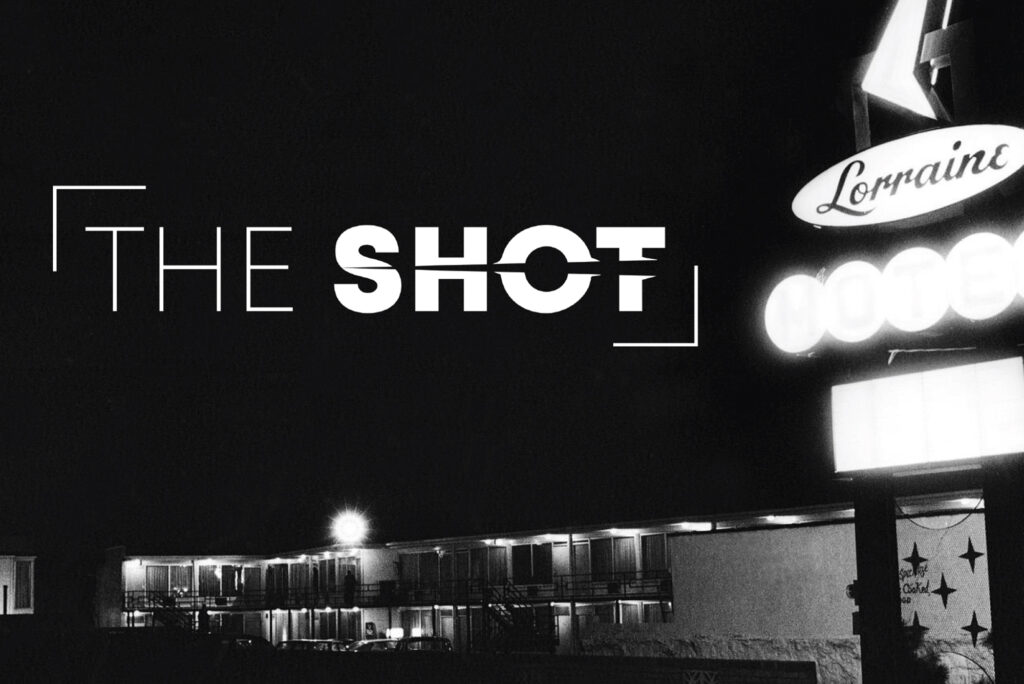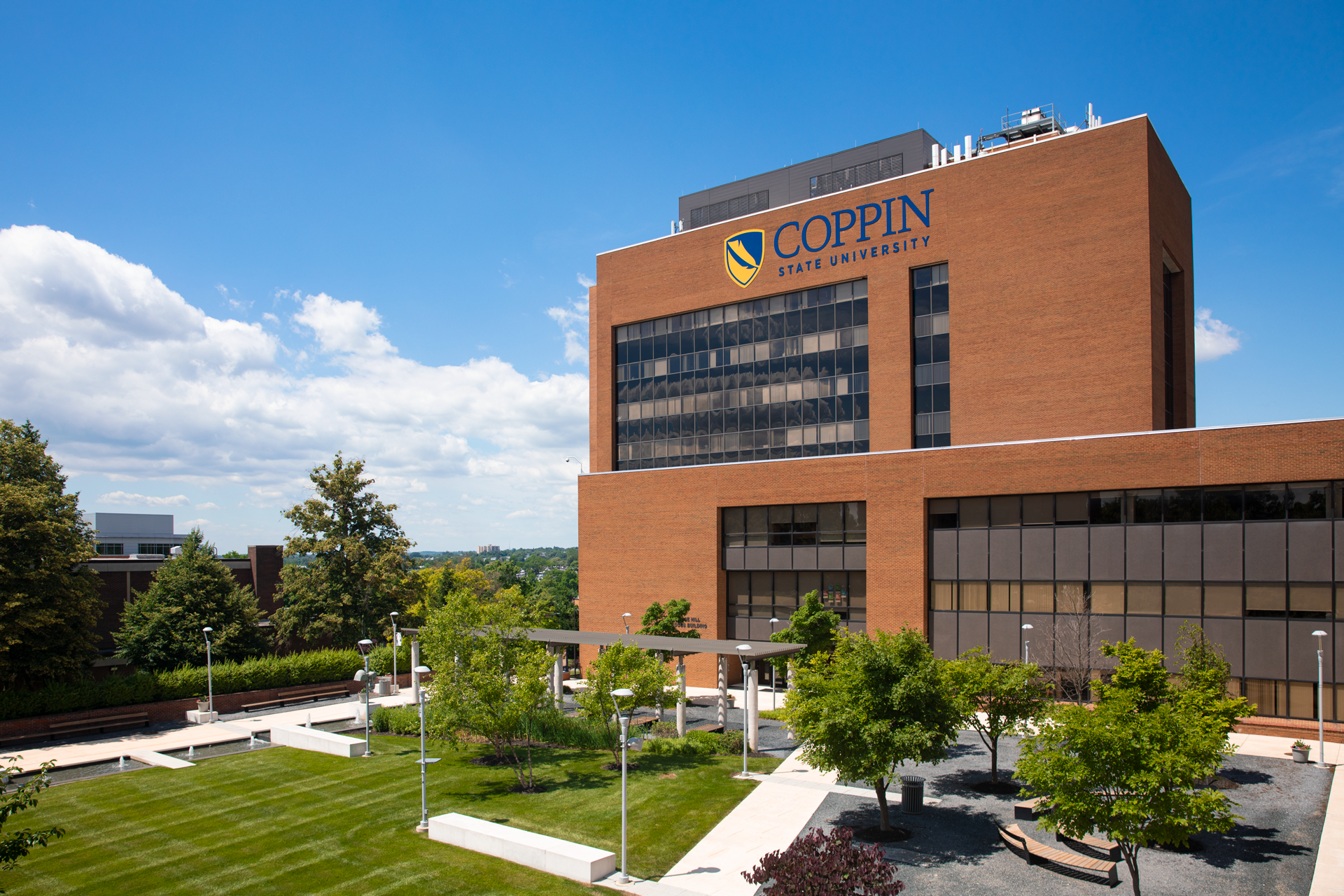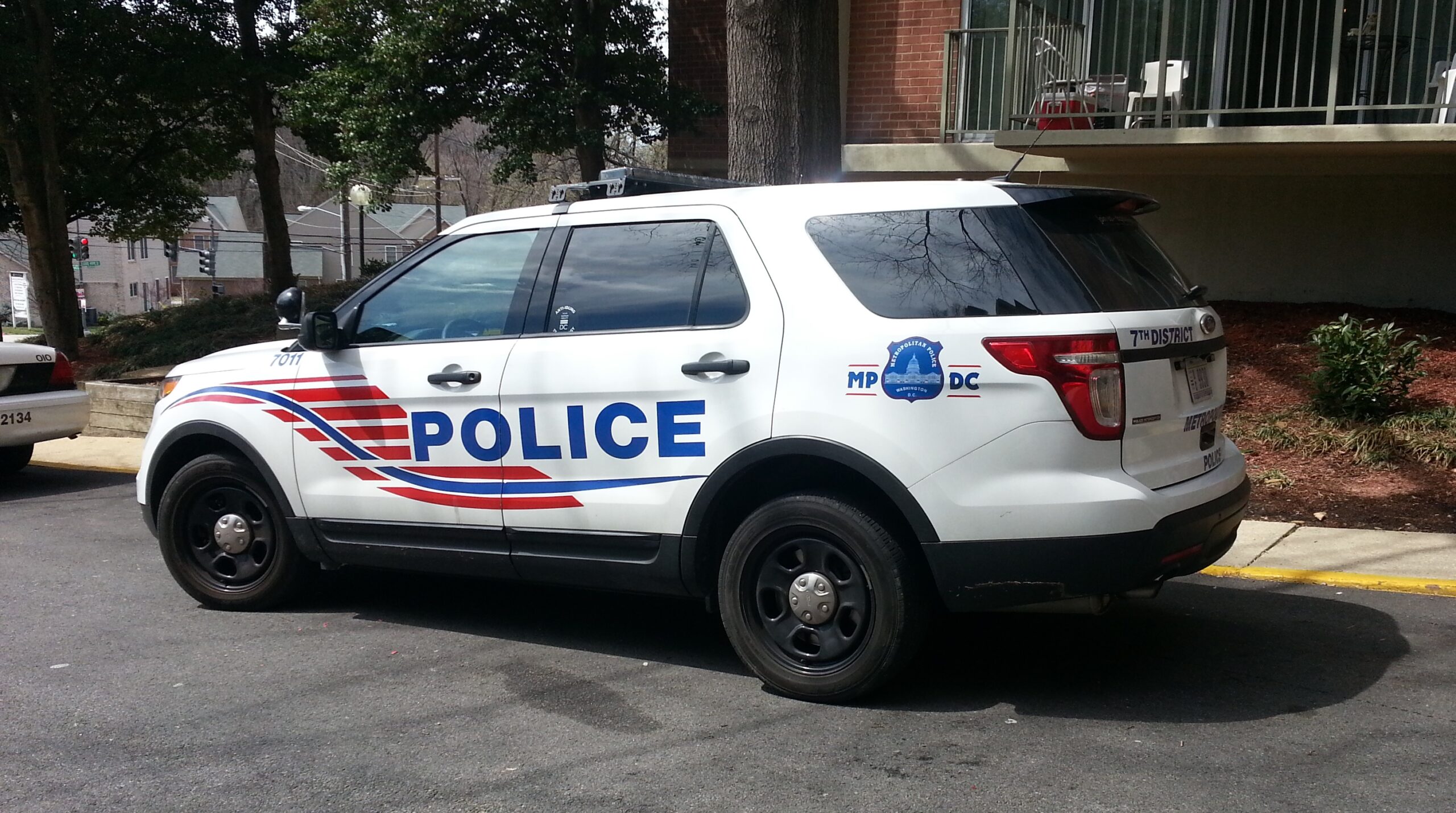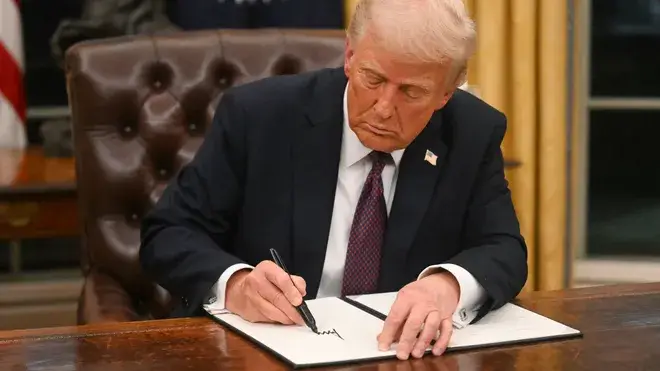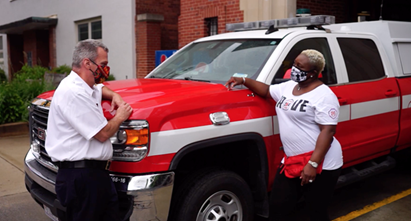
DC firefighters who got COVID-19 are donating plasma to patients fighting
Firefighter/EMTs help people every day, but now even those who were sidelined by COVID-19 are potentially helping dozens of patients in some cases fighting the virus in critical care units or on ventilators.
The recovered firefighters have been donating plasma as part of a study happening at Medstar Washington Hospital.
Doctors are treating patients struggling with COVID-19 with the antibody-rich plasma of the firefighters and other donors in the hopes that the antibodies will help jumpstart the immune systems of those currently infected with the disease.
So far, doctors say, the results, part of a more extensive study conducted nationally by the Mayo Clinic, are encouraging.
“We’ve treated over 260 patients throughout the MedStar system all the way from DC up to Baltimore and what we do see is people that we catch earlier in their disease course it may actually help kind of reduce the length of hospitalization as well as reduce the severity of the disease,” said Emily Fischer, a nurse practitioner working on the study.
DC Fire & EMS Assistant Chief John Donnelly was one of the first DCFEMS employees to contract COVID-19 after initially believing he was suffering from allergies.
“Maybe we can’t always help in the field every day, but if there’s something like that we can make good come out of this, that’s a great thing,” Donnelly said.
Donnelly says he’s been told his plasma went to five hospitalized patients.
“Having the disease makes you feel helpless a little bit right? My job is to help people and for two weeks during a really critical time I couldn’t do that, so it is nice to be able to do something,” Donnelly said.
Potential donors can email [email protected] to sign up for the study.

